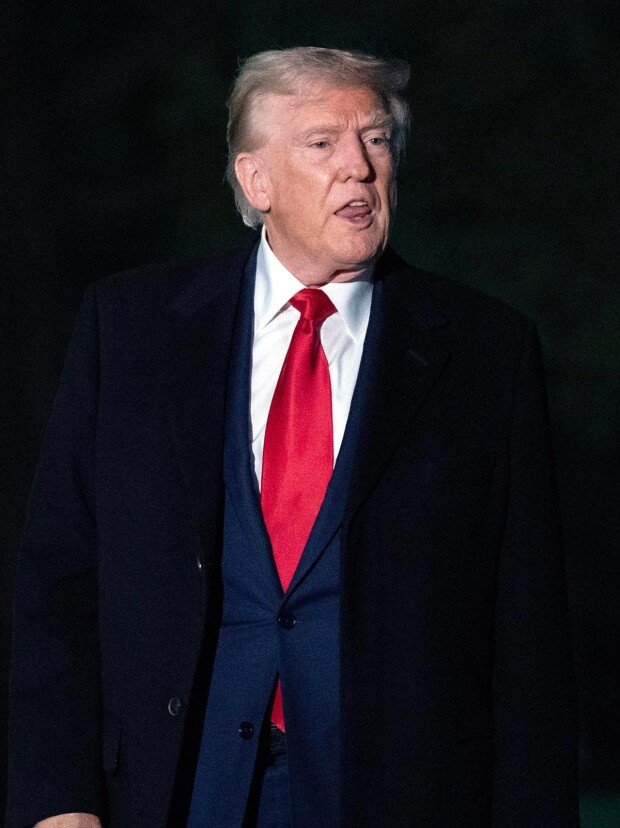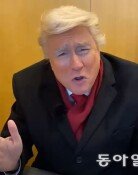China restricts rare earths, escalating trade tensions
China restricts rare earths, escalating trade tensions
Posted April. 15, 2025 07:41,
Updated April. 15, 2025 07:41

As trade tensions between the U.S. and China escalate, The New York Times reported on April 13 (local time) that China has officially begun restricting exports of seven types of rare earth elements. This is a retaliatory measure in response to U.S. President Donald Trump's recent imposition of a 145% tariff on Chinese goods. While the two countries focused on tariffs during Trump's first term (January 2017 to January 2021), his second term has expanded the battlefield to include rare earths, films, bonds, and restrictions on international students. This marks the evolution of a so-called "hybrid trade war" that combines tariffs with non-tariff measures.
According to The New York Times, China added seven rare earths to its controlled export list, meaning exporters must now obtain government approval to ship them overseas. Earlier in February, China had already imposed export controls on five other rare earths—tungsten, tellurium, bismuth, molybdenum, and indium. This expansion follows China's earlier announcement this month. The minerals newly added to the list are widely used in drones, robots, and batteries.
In addition, China announced on April 10 that it would reduce the number of American films allowed to be screened domestically. It has also launched an antitrust investigation into Google, one of the U.S.'s leading tech giants. China is devaluing the yuan to artificially boost the competitiveness of its exports and is rumored to be considering selling its holdings of U.S. Treasury bonds, which totaled $761 billion as of January. This means that beyond tariffs, China has many tools at its disposal in the trade war, including resource controls, sanctions on American companies, bond sales, and currency manipulation.
Chul-Jung Kim tnf@donga.com



![8년전 한밤 중 목욕탕에 나타난 김정은, 분노한 이유는 [주성하의 ‘北토크’]](https://dimg.donga.com/c/138/175/90/1/wps/NEWS/IMAGE/2026/01/23/133210584.1.jpg)
![라면 먹고도 후회 안 하는 7가지 방법[노화설계]](https://dimg.donga.com/c/138/175/90/1/wps/NEWS/IMAGE/2026/01/23/133219600.3.jpg)

![[광화문에서/김준일]단식 마친 장동혁… 중요한 건 단식 그 다음](https://dimg.donga.com/c/138/175/90/1/wps/NEWS/IMAGE/2026/01/23/133221688.1.jpg)
